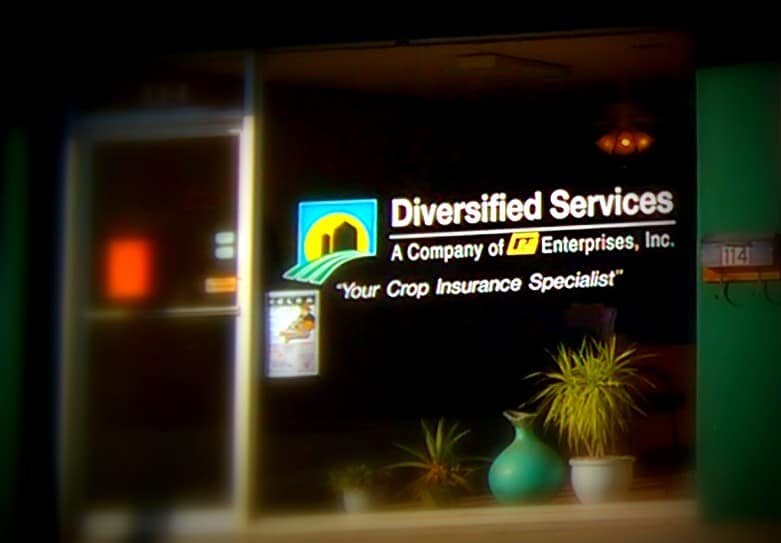
Every service business has to face the pricing problem throughout its life span. Photo by Becky McCray.
Pricing your services is a tricky business. Without a physical product and costs to start from, the answer always seems to be “it depends.” Let’s try to get a better handle on how to charge for your services and still make a living.
My friend Scott Townsend asked on behalf of his son:
@SBSurvival Matthew wants to know if he should charge by the hour or by the project. What are your wise words?
— Scott Milam Townsend (@ScottMTownsend) August 17, 2014
I replied that it is almost always better to price by the project. You want to charge by what the service is worth, not what time it took.
You’re probably all heard the old story of the expert who is called in to fix the critical piece of equipment that’s failing. After listening carefully, looking it over, and thinking a bit, the expert opens her toolkit and pulls out a hammer. She lines up carefully and delivers a swift tap with the hammer. The equipment springs back to life. Everyone is delighted, until the expert tenders her bill for $5000.
“How could you possible charge that much?” the clients object. “All you did was hit it with a hammer!”
The expert takes back her bill, and with writes in this detail: “Hitting with the hammer: $5. Knowing exactly where to hit with the hammer: $4995.”
You’re the expert with the hammer. You’ve learned enough that people now hire you to do the work. So recognize that you have value beyond just the hours you spend on direct work.
Here are 5 ways to go about setting your service prices, with some thoughts and comments on each one.
1. What you need to earn.
Knowing what you need to meet your monthly budget is a starting point. Take all your expenses for the month, add them up, and then divide by amount of your working hours you can sell. This is not much of a reflection of your own value. If you work like this, you’ll never get ahead or grow.
2. What others charge.
You have a vast amount of business intelligence available to you online and with simple phone calls. Start doing some research and find out what others in your field are charging. Just because you are based in a small town, you are not limited to small town rates. Start by finding out the going rate in your local market, and then go further and find out what rates are offered regionally, nationally, and online.
Industry groups can be a big asset here. If you belong to a national or global industry group, you probably can access some data on what others charge. If the association doesn’t provide that research, use the network of members to ask questions.
3. What you’re worth.
The going rate is just a starting point. You may be worth more, maybe much more. Take stock of your knowledge, your expertise and your reputation. Maybe your’re the only one available in your rural area. Maybe you’re the best one available, regardless of location.
4. Go up regularly.
If you’re already in business, you probably don’t raise your rates very often. There’s a school of thought that if you’re booked up or booking regularly, go up. Eventually, you’ll reach a point where you aren’t booking solid. But at your higher rates, you’ll be giving yourself the time and money in order to do more marketing or promotion. I’ve used this tactic myself successfully. When you are getting “too much” business, it’s time to adjust upward.
5. What it’s worth to them.
Figure out how much revenue or cost savings your service produces for your client. Charge a portion of that, no matter how quick you can do it. I learned this one from Smart Start Coach Linda Lopeke. It’s a very practical outlook. If you can document how much money you save or generate for a client, it gives you strong leverage when setting your price related to it.
There are, I’m sure, many other ways to set prices for services. What methods have you used with success, or what pricing lessons have you learned through experience? Hit reply and share.
New to SmallBizSurvival.com? Take the Guided Tour. Like what you see? Get our updates.










